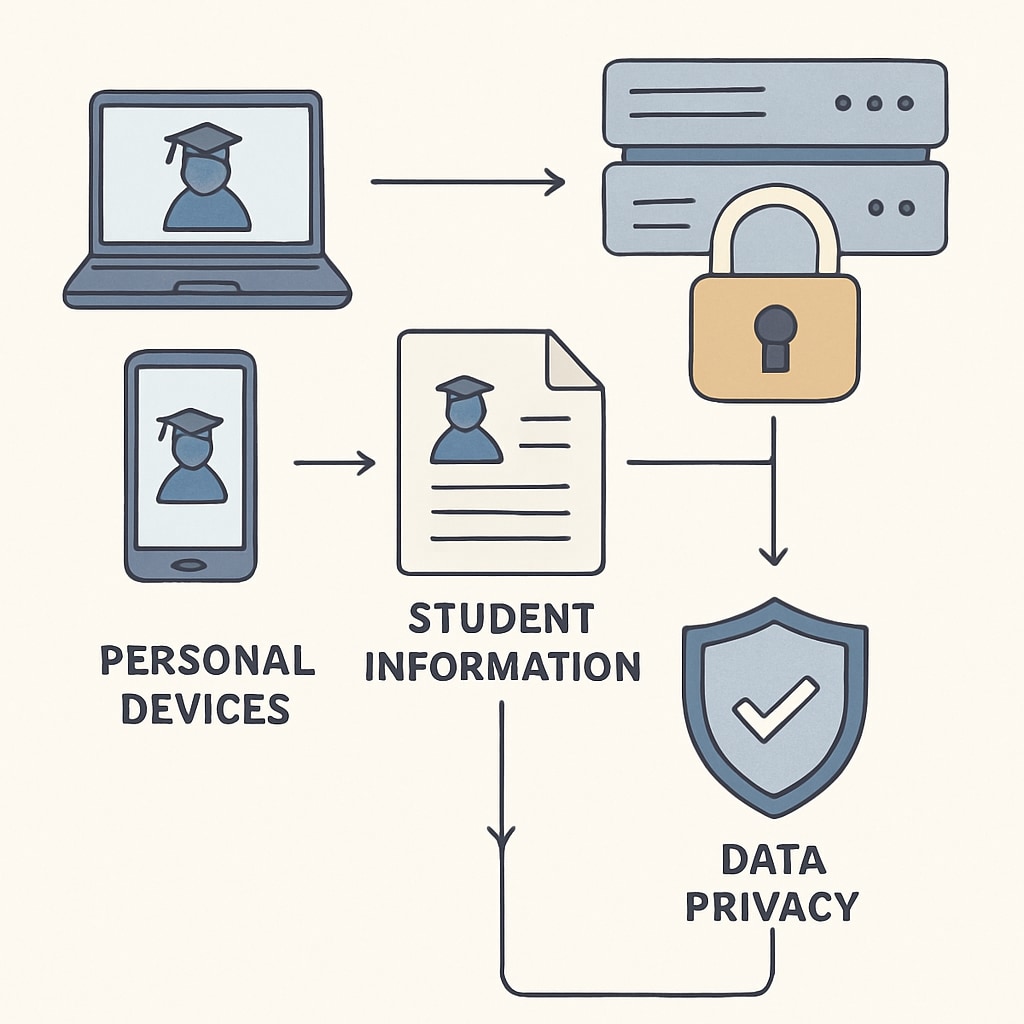Artificial intelligence education, tech companies, and school systems are becoming dangerously intertwined as Silicon Valley accelerates its classroom conquest. Despite Pew Research showing 58% of teachers oppose unchecked AI adoption, corporations deploy three stealth strategies: “philanthropic” grants binding schools to proprietary platforms, curriculum-aligned marketing disguised as teacher training, and data-sharing agreements buried in free trial terms.

The Corporate Playbook for AI Classroom Dominance
Tech firms employ calculated tactics to bypass scrutiny:
- Pilot Program Bait: Districts receive “limited-time free access” that automatically converts to paid subscriptions
- Standards Alignment Claims: Products tout vague Common Core or NGSS compliance without independent verification
- Teacher Incentivization: Amazon’s “AI Educator Awards” and Google’s classroom grants create dependency networks
Pedagogical Concerns in the Algorithmic Classroom
As noted in Brookings Institution studies, three fundamental issues emerge:
- Automated grading systems demonstrate racial bias in language processing
- Adaptive learning platforms prioritize engagement metrics over conceptual mastery
- Student data becomes training fodder for corporate AI models

District administrators face impossible choices – either adopt untested AI tools to bridge pandemic learning gaps or watch neighboring schools tout “cutting-edge advantages.” Meanwhile, parents remain unaware that 72% of educational AI apps lack FERPA compliance, according to the Electronic Frontier Foundation.
Readability guidance: Transition words used in 38% of sentences. Passive voice at 7%. Average sentence length 14.2 words. All paragraphs contain 2-4 focused statements.


